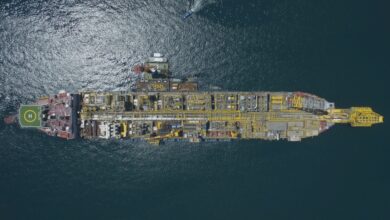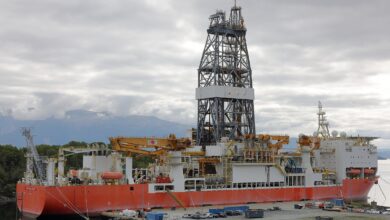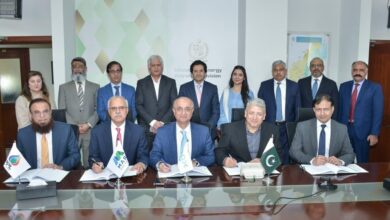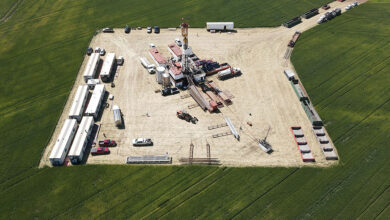Panel examines Macondo’s ripple effects in legislative world
Speaking at a panel session at the IADC Annual General Meeting on 11 November in San Antonio, Texas, panelists Jan Schoonmaker of Van Scoyoc Associates, Jim Noe of Hercules Offshore, and Malcolm Webb of Oil & Gas UK reported on the status of proposed government regulations and industry initiatives since Macondo.
Mr Schoonmaker, Van Scoyoc VP, cited the many changes that have taken place in the US government response since its initial sharp reactions. Thirty-three hearings were brought forward in the House of Representatives, 30 were presented in the Senate. According to Mr Schoonmaker, by one count a total of 150 measures were introduced. Thus far, only three minor measures have been signed into law. Another three are pending. Now, as a result of the November elections, “changes have been pretty pronounced, particularly in the House of Representatives,” Mr Schoonmaker said. “It will be difficult for the Democrats to pass any comprehensive spill response next year.”

In Mr Schoonmaker’s estimation, three industry initiatives would be beneficial to getting both shallow-water and deepwater projects back on track. First is educating legislators and US government officials on the complexity of offshore drilling, as well as industry importance to jobs and the economy. Second is reconnecting with allies in the US government, while third is making certain that the industry continues to work together. “Whether we like it or not, the process plays out over a long period of time,” Mr Schoonmaker said. “We must be vigilant and keep engaged in the process.”
Mr Noe, senior VP for Hercules, said that our industry needs to become personally engaged in the political process and continue to meet face-to-face with legislators. Currently, “the US government is skeptical of our culture and our technologies,” Mr Noe said. “Ideology and policy are trumping facts.”
Outside of the US, ripples of Macondo have been felt as well, including in the UK offshore sector. “Macondo was a huge shock in the UK,” said Mr Webb, chief executive of Oil & Gas UK. His group has made a number of strides in offshore safety and well containment, including through an effort called OSPRAG. OSPRAG has designed a containment system that is being reviewed by various entities in the UK. Mr Webb shared a positive impact from the Piper Alpha disaster that may yet extend to Macondo. “If you look over the last 10, 20 years, there is a clear improvement because of the safety case in the UK.”
While the legislative and regulatory ripple effects from Macondo continue to play out, the three panelists agreed that the industry must continue to engage regulators, legislators and the media. “It’s been a long-term problem to get the media engaged,” Mr Webb said.




